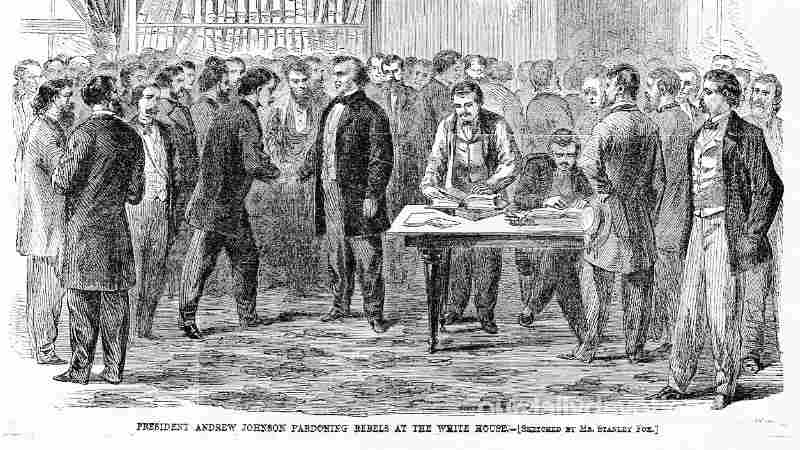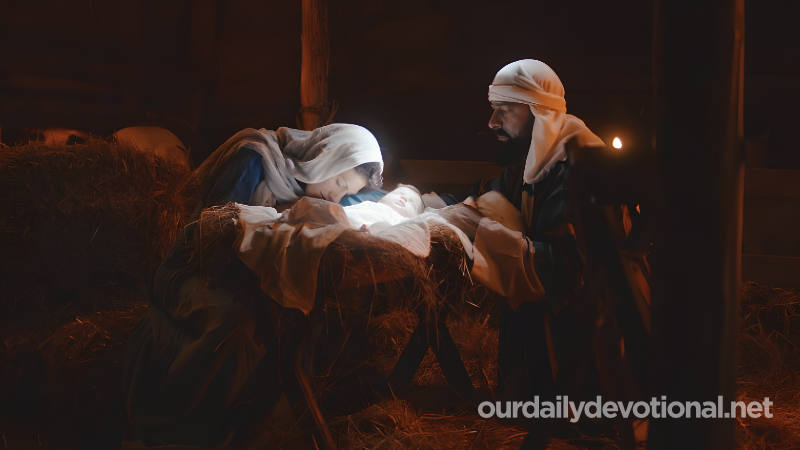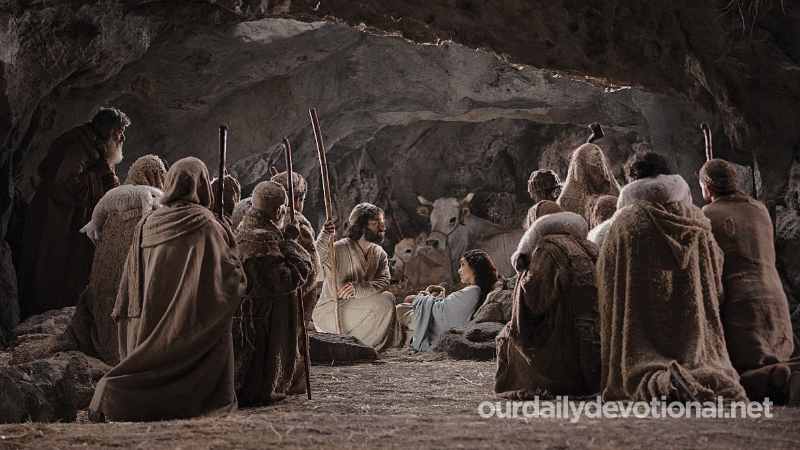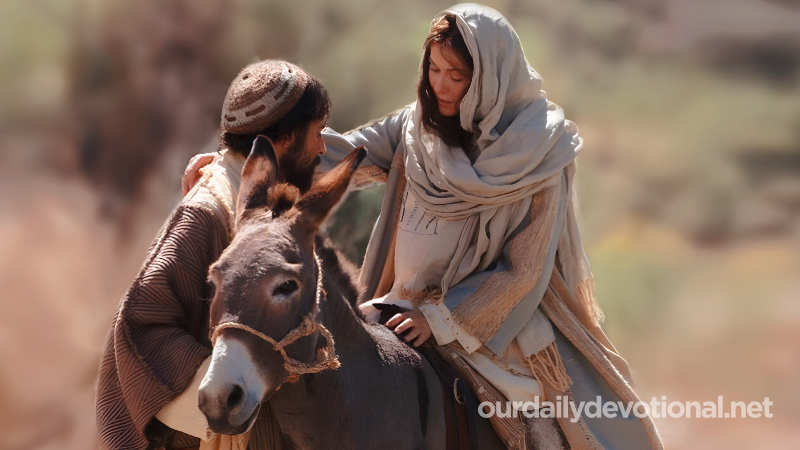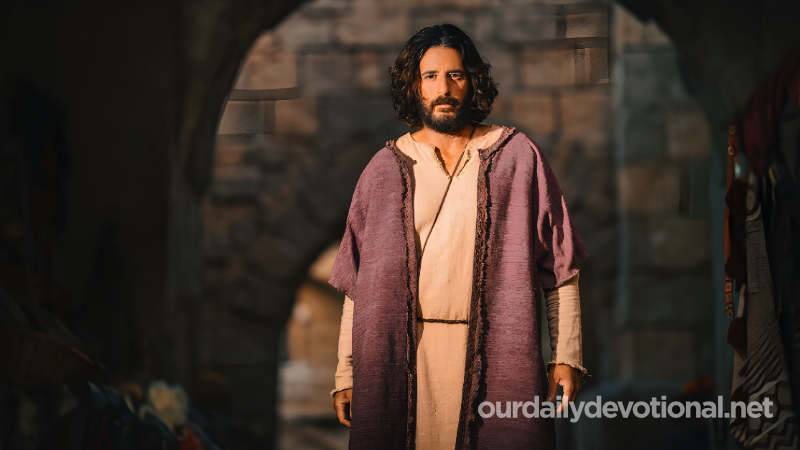(Hebrew, "behurim", and "aldud", "alumind"). There is no reason to insist on the vulgar sense of the noted terminology: in general terms, it separates childhood from adulthood in man's life, but the limits are imprecise.
The wisdom books insist on the decisive character that the education and training that he receives in his youth has for the entire life of man. There is repeated mention of "the sins of youth" (Jb. 13:26); But more than specific sins, it seems to allude to the sadness that comes with the thought that those sins are still present in God's memory.
Without a doubt they were sins of careless petulance, of youthful giddiness; therefore, of less malice than the sins of manhood.
In his desire for life, the Israeli man shudders with fear thinking about the expiration of existence and old age without vigor (Ps. 71), and also for such a situation he turns to God as a source of life and rejuvenation (Ps. 51 :12; 103:5; Jb. 20:11; 29:4; 33:25).
With all the respect that the longevity of ancient peoples always deserved, Scripture insists that a virtuous youth surpasses in wisdom and courage the many days of the impious old man, and that true prudence is not in gray hair, but in life. immaculate.
In a symbolic sense, it speaks of the youth of Israel, alluding to the formation of the people in the days of the desert, at the time of the establishment of Canaan (Hos. 2:15; 11:1; Ez. 16).
Paul, in his pastoral letters, is repeatedly interested in the problems posed by youth, both for those in charge of the churches and for the faithful.
Timothy warns his disciple so that his impeccable conduct, his charity, avoid despising his youth (which could well range between 30 and 40 years) (1 Tim. 4: 2). It is generally identified with Khirbet Kila, 13 km northwest of Hebron
Meaning of YOUTH
(Hebrew, "behurim", and "aldud", "alumind"). There is no reason to insist on the vulgar sense of the noted terminology: in general terms, it separates childhood from adulthood in man's life, but the limits are imprecise.


